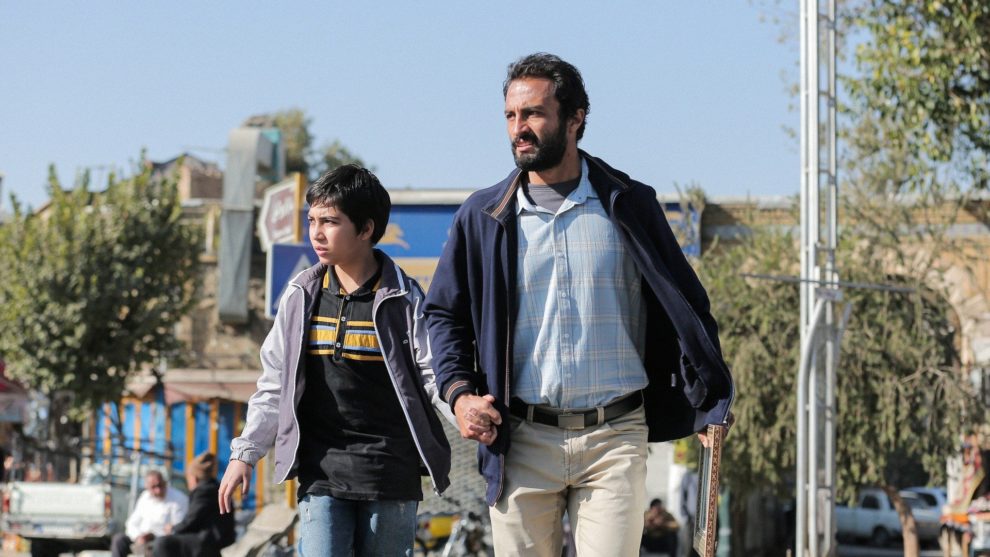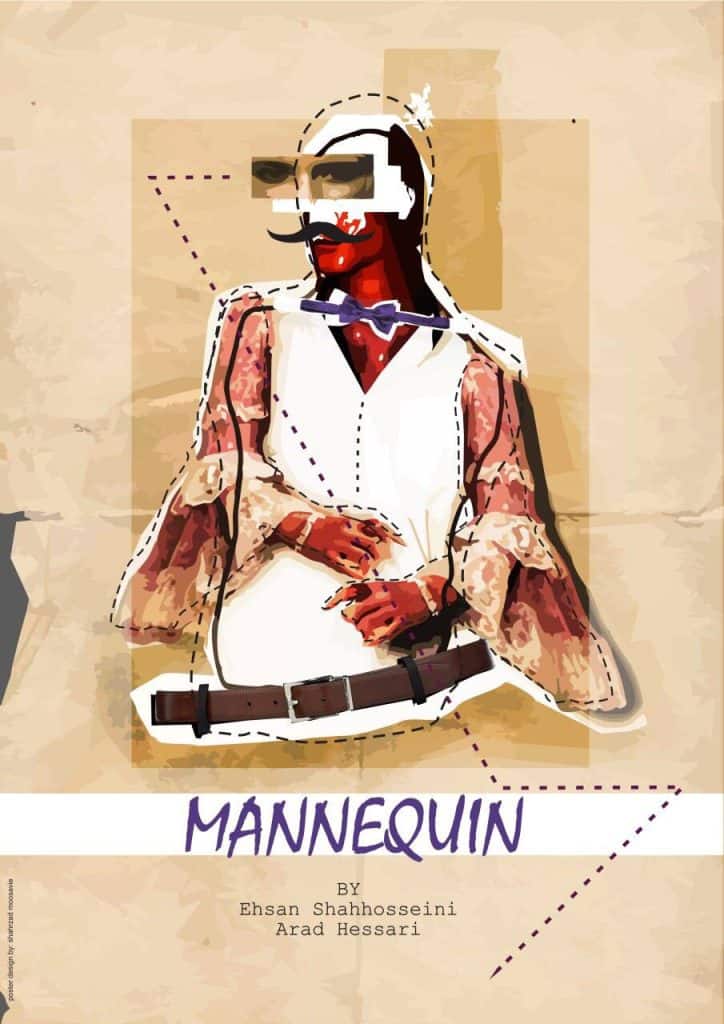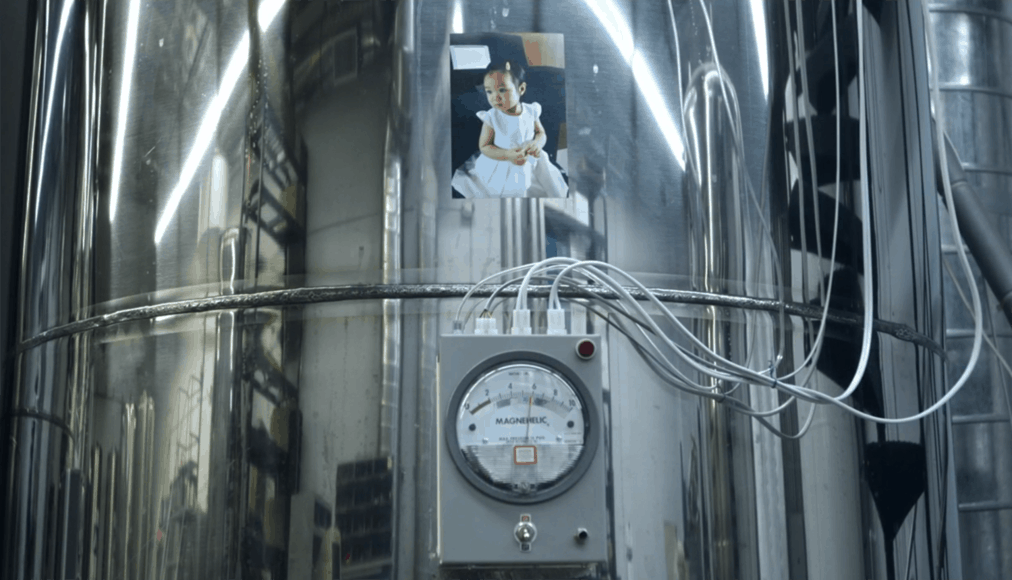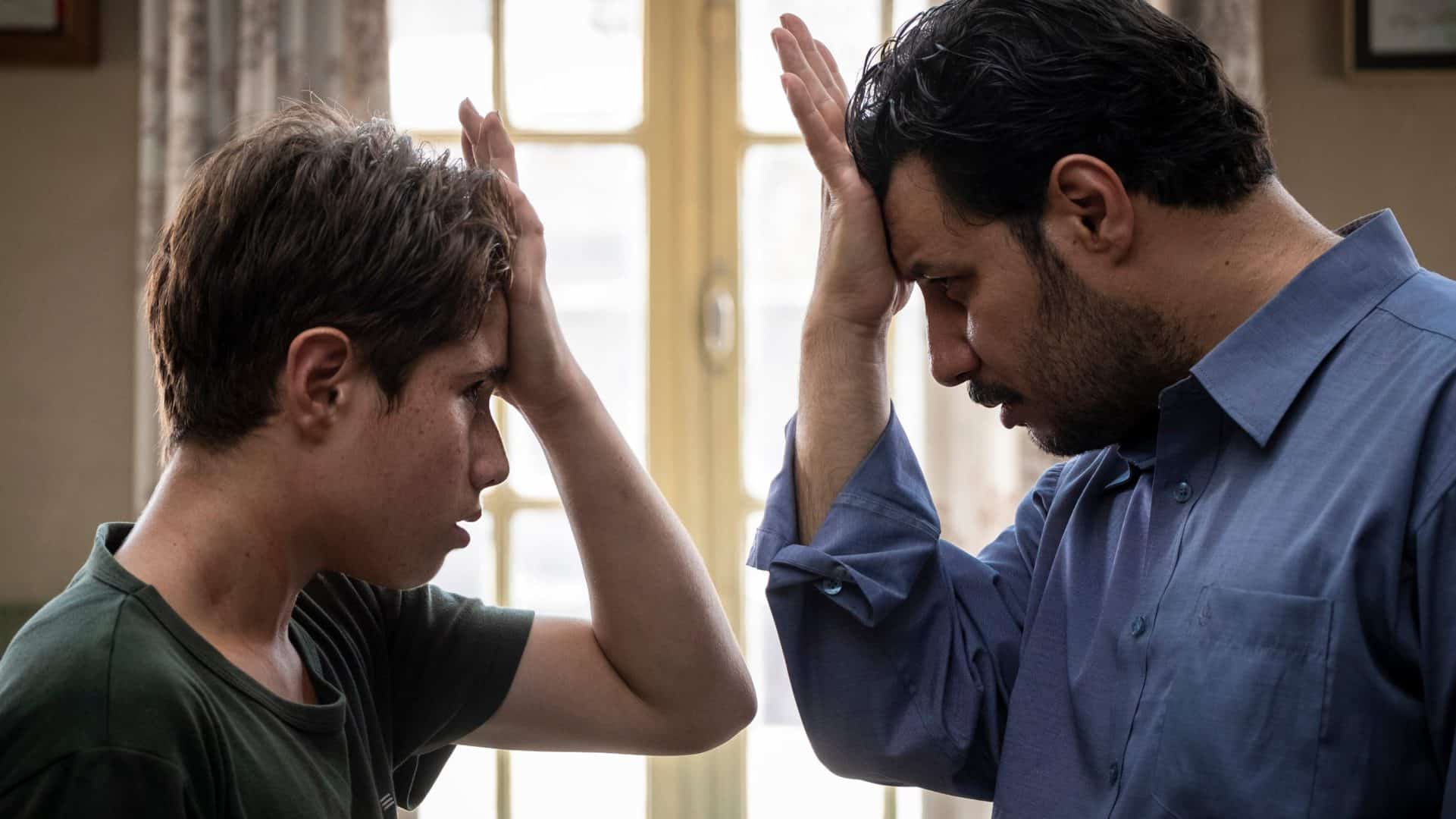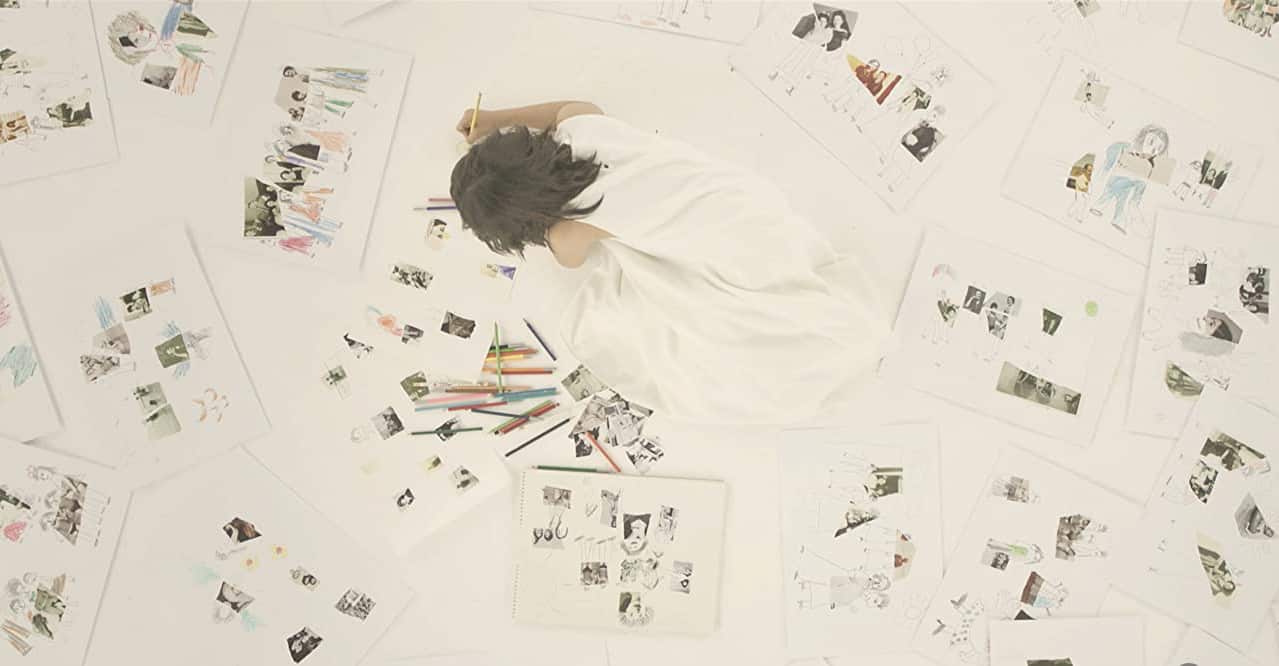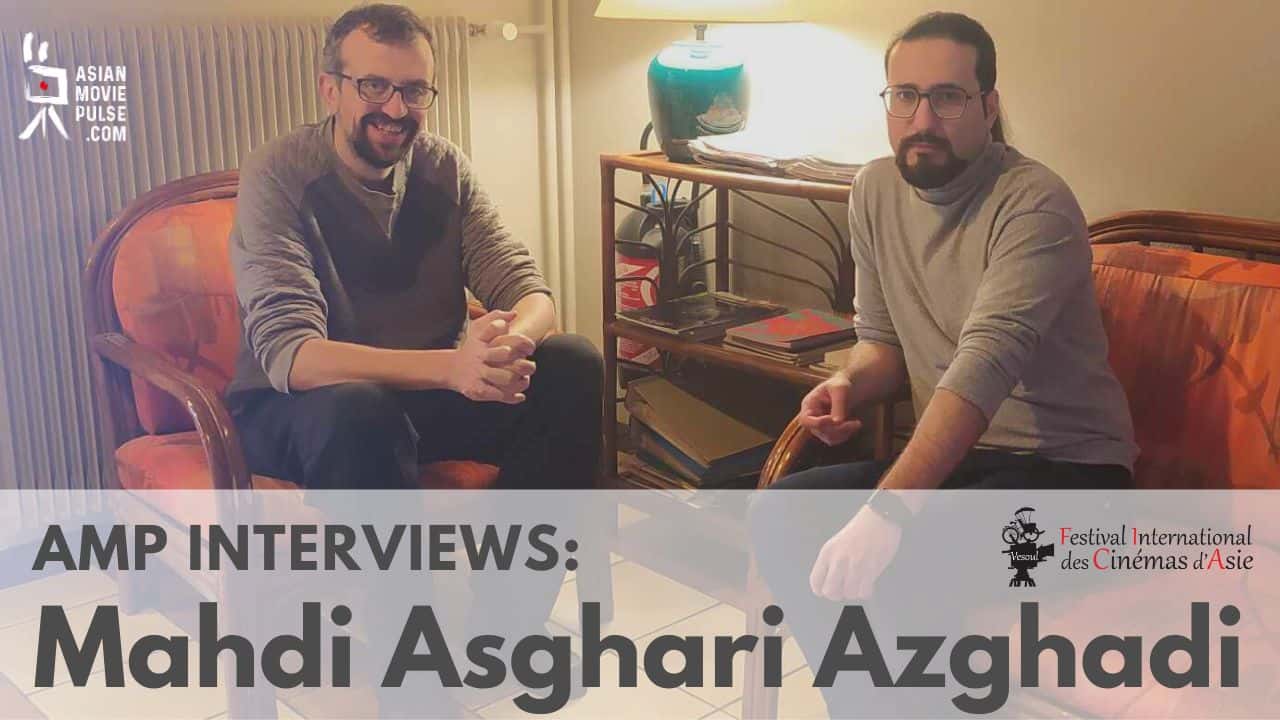After the 2018 Spain-set “Everybody Knows”, two-time Oscar-winning Iranian writer-director Asghar Farhadi is back home with his new challenging drama “A Hero” about a man in Shiraz, caught in a snowballing tangle of troubles, posing some seriously hard-to-answer moral questions.
“A Hero” was screening at BFI London Film Festival

It's a bright sunny day, and it's a particularly good day for Rahim (Amir Jadidi), a divorcee with a son who is serving some time in prison for a debt he is not able to repay. But today he is happy because he has been granted a two-day permission to share between his boy, his sister's family, and his secret girlfriend Farkhondeh (Sahir Goldust). Yet, the main reason for being euphoric is that there might be a chance to repay part of his debt and ask his creditor to withdraw the charges, as days earlier, Farkhondeh had found a lost handbag at the bus stop that contained 17 gold coins. Straight after coming out of prison, Rahim heads to a gold buyer to value them, but unfortunately, the gold price has dropped and the money that he would get in exchange is not enough to satisfy the creditor Braham (Mohsen Tanabandeh). Rahim, who is a fundamentally a good guy, decides to make an effort to find the owner of the bag and give everything back. He sticks fliers all around the bus stop, and eventually a woman phones him claiming to be the owner of the gold, and after an interview with Rahim's sister, she gets her precious bag back.
When a prison manager overhears Rahim talking at the phone and understands what he's just done, he decides to spread the voice of the good deed, to highlight the honesty of the man, despite having serious economic problems and make him a moral example. An interview with the local TV is arranged and quickly Rahim becomes a model of altruism, a public hero. A charity foundation gets involved and in a public ceremony, Rahim receives a certificate of appreciation, a hefty sum collected from the audience, and the chance to apply for a civil servant job. However, grumpy Braham still refuses to drop charges and, on the other side, the clerk at the job interview, suspecting foul play, requests a testimony from the owner of the lost and found bag to verify the story. But the woman is nowhere to be found. Rahim desperately wants the job, his chance to go back to a normal life, but desperation is a bad adviser and after an imprudent move, the house of cards that he had struggled so much to keep standing starts to collapse, slowly and inexorably.
With an engrossing thriller-like pace, Farhadi meticulously builds up, brick by brick, the public hero narrative to then dismantle it systematically, in this bitter satire of the social media meat-grinding apparatus, where information is twistedly used to win over audience rather than simply inform. Based on an accurate character study, all the player in “A Hero” have a complex baggage of small and big secrets, of good and bad reasons to lie or half-lie (and who doesn't, Farhadi seems to wonder).
Rahim is the pivotal axe of the story, his reassuring smile and his gentle demeanour inform us he is a good guy, but is he a hero? Can someone be called a hero just for doing something that he should have done anyway? Or just for NOT doing a wrong deed? And, on the other hand, can we call him an imposter for trying to turn at his advantage the hype that others have built up around him? But Rahim is not the puppeteer here. The public image projected by his 10-minute celebrity is flat and shallow, all the details are conveniently hidden. But reality is much more complex than that; maybe the prison authority wanted to use Rahim's good action to deviate attention from an inmate's suicide, and the charity used him as good publicity to attract donations and trust. A real stir to the perception of the facts is provided halfway through the film when Braham explains why he is so ruthless with Rahim. He has his good reasons as her daughter has lost her dowry and her hopes to get married because of the missing sum Rahim cannot repay. Suddenly, from being the real villain, Braham earns a bit of empathy and certainties starts to crumble.
Another dilemma the film arises is about truth and lies. At what point a little white lie is a proper lie? Is omitting the truth comparable to lying? For Rahim, a series of seemingly harmless white lies disseminated along the way and barely noticed, catastrophically turn into a minefield. If the TV asks him not to mention usury as it doesn't sound good on prime time, it's just a little detail omission; if he says he found the bag instead of Farkhondeh to cover up their secret relationship and keep her out of troubles, it's just a well-intentioned little lie; if Rahim asks Farkhondeh to pretend to be the vanished bag owner, well, it's just a person swap, the substance is the same, isn't it? However, when decontextualised, they all contribute to destroy the poor man. None of the little flaws that make us humans are allowed under the public eye.
A remarkable thing about “A Hero” is that – bar some capers towards the end in which some smartphone filming is involved – the whole narration is devoid of electronic devices. Farhadi, who is not a social media user himself, has managed to create an accurate analysis-cum-satire of the social network dynamics that could easily be set in a remote past, like a folk moral tale from the ancient times, with that bizarre triggering event of the bag of gold coins. It is also very rooted in Iranian culture with a big emphasis on the family ties, but without a doubt, the story has a universal value.
In this realistic, crowded, score-less film, performances are all outstanding, Amir Jadidi as Rahim is a real spectacle: behind his broad smile, he hides desperation, hope and enough ingenuity to counterbalance his stupidity, but he also shows great dignity in sparing one last humiliation to his son at the end of the narration. The final static long shot is a powerful and beautifully framed epilogue of this paradoxical and rather alarming fable.


